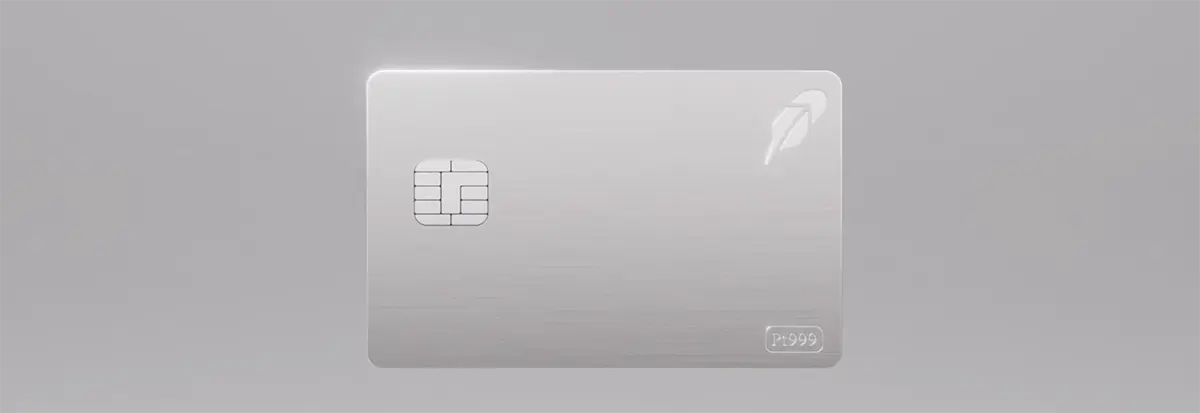
Kudos has partnered with CardRatings and Red Ventures for our coverage of credit card products. Kudos, CardRatings, and Red Ventures may receive a commission from card issuers. Kudos may receive commission from card issuers. Some of the card offers that appear on Kudos are from advertisers and may impact how and where card products appear on the site. Kudos tries to include as many card companies and offers as we are aware of, including offers from issuers that don't pay us, but we may not cover all card companies or all available card offers. You don't have to use our links, but we're grateful when you do!
Does a Car Accident Affect Your Credit Score?
July 1, 2025


Quick Answers
A car accident itself is not reported to credit bureaus and will not directly impact your credit score.
However, unpaid medical or repair bills stemming from the incident can be sent to collections, which will negatively affect your credit.
Financing a replacement vehicle or using credit for repairs can also indirectly influence your score through new inquiries and increased credit utilization.
What Is a Car Accident?
A car accident, or motor vehicle collision, is an unforeseen event where a vehicle strikes another object, such as a different vehicle, a pedestrian, or a stationary item like a tree or building. These incidents can range from minor fender-benders to severe crashes, often resulting in property damage, injury, or worse. The immediate aftermath typically involves exchanging information, filing police reports, and initiating insurance claims to address the damages.
While the collision itself doesn't directly impact your credit, the financial obligations that follow can. Unpaid medical bills or car repair costs that are sent to a collections agency can negatively affect your credit score. Furthermore, if the accident necessitates purchasing a replacement vehicle, the associated auto loan application will also be reflected on your credit report.
How a Car Accident Can Impact Your Credit Score
A car accident won't show up on your credit report, but the financial aftermath certainly can. The journey from a collision to a lower credit score involves a few potential steps.
Incurring Unexpected Debt: The accident can leave you with significant, unplanned expenses. These often include your auto insurance deductible, costs for a rental car, and substantial medical bills for any injuries sustained.
Difficulty Making Payments: If injuries prevent you from working, your income may decrease while your bills pile up. This financial strain can make it challenging to pay for medical treatments or car repairs on time.
Accounts Sent to Collections: When medical or repair bills go unpaid for an extended period, the provider may sell the debt to a collection agency. This is a critical turning point for your credit health.
Negative Reporting to Bureaus: The collection agency will report the unpaid debt to the three major credit bureaus—Equifax, Experian, and TransUnion. This places a derogatory mark on your credit report.
Credit Score Damage: A collection account can cause a significant drop in your credit score. Likewise, any late payments on financing used for repairs or a replacement car will also be reported, further harming your score.
How Much Will a Car Accident Affect Your Credit Score?
A car accident won't directly harm your credit, but the financial fallout certainly can. Here are a few indirect ways a collision could end up affecting your credit score.
- Unpaid medical bills. If you are injured, medical expenses can quickly add up. Bills that go to collections can seriously damage your credit score and stay on your report for several years.
- Missed loan payments. An accident could keep you out of work, resulting in lost wages. This might cause you to fall behind on car payments or other debts, negatively impacting your credit history.
- Using credit for expenses. You might rely on credit cards for car repairs or a rental. This can increase your credit utilization ratio, which is a key factor that can lower your overall credit score.
How You Can Avoid a Car Accident Affecting Your Credit Score
Leverage Your Insurance Coverage
Your auto insurance is the primary shield for your finances after a crash. Ensure your policy adequately covers potential medical expenses and property damage. Promptly filing a claim allows your insurer to handle payments, preventing bills from reaching collections and affecting your credit history.
Settle Out-of-Pocket Costs Quickly
You may face deductibles or other costs not covered by insurance. It is crucial to pay these bills promptly. Unpaid medical or repair bills can be sent to collections, which will be reported to credit bureaus and can significantly lower your score.
Ways to Improve Your Credit Score
Improving your credit score is entirely possible through consistent, positive financial habits. Experts have outlined several proven methods to help you take control of your financial health and see meaningful changes over time.
- Monitor your credit reports. Regularly check your reports from all three major bureaus to spot and dispute inaccuracies or signs of fraud that could be hurting your score.
- Set up automatic payments. Your payment history is the most significant factor in your score, so ensuring bills are paid on time is crucial for improvement.
- Reduce your credit utilization. Aim to keep your credit card balances below 30% of your total credit limit to show lenders you are not over-reliant on debt.
- Become an authorized user. You can get added to the credit card of someone with a strong payment history, which can help build your own credit file as long as the account reports to the bureaus.
- Diversify your credit mix. Lenders like to see that you can responsibly manage different types of credit, such as revolving credit cards and installment loans.
- Limit hard inquiries. Avoid applying for too many new lines of credit in a short time, as each application can trigger a hard inquiry that may temporarily lower your score.
The Bottom Line
While a car accident itself isn't reported to credit bureaus, the financial aftermath can be. Unpaid medical or repair bills that go to collections can ultimately lower your credit score.
Frequently Asked Questions
Will higher insurance premiums hurt my credit score?
No, insurance premium increases do not directly affect your credit score. Insurers don't report premium payments to credit bureaus, so a rate hike won't appear.
Does financing a new car after an accident impact my credit?
Yes, applying for a new car loan results in a hard inquiry on your credit report, which can temporarily lower your score by a few points.
Can a car accident lawsuit show up on my credit report?
A lawsuit itself won't appear on your credit report. However, if you fail to pay a court-ordered judgment, it could be sent to collections, hurting your score.
Unlock your extra benefits when you become a Kudos member

Turn your online shopping into even more rewards

Join over 400,000 members simplifying their finances

Editorial Disclosure: Opinions expressed here are those of Kudos alone, not those of any bank, credit card issuer, hotel, airline, or other entity. This content has not been reviewed, approved or otherwise endorsed by any of the entities included within the post.



































.webp)







